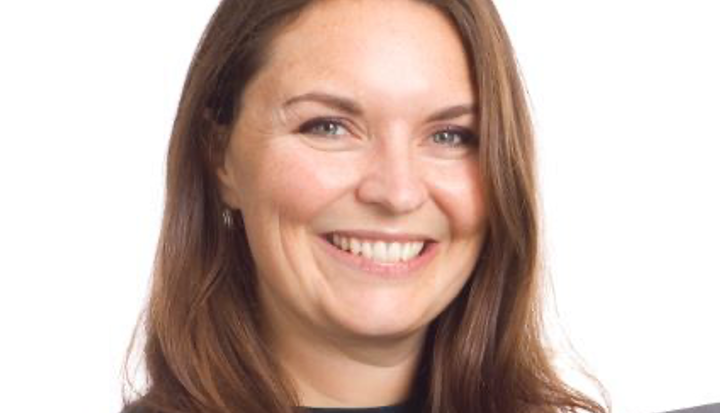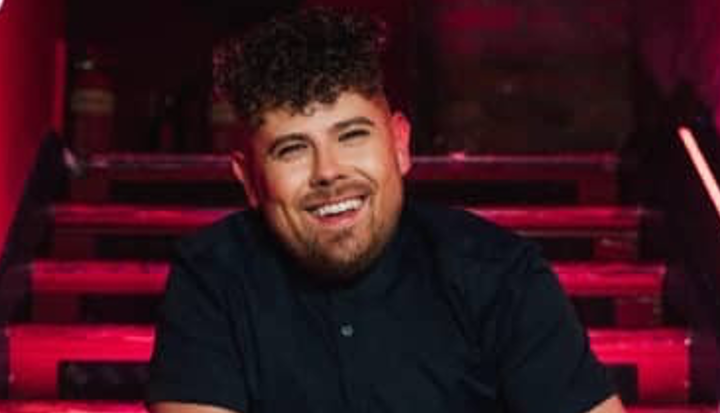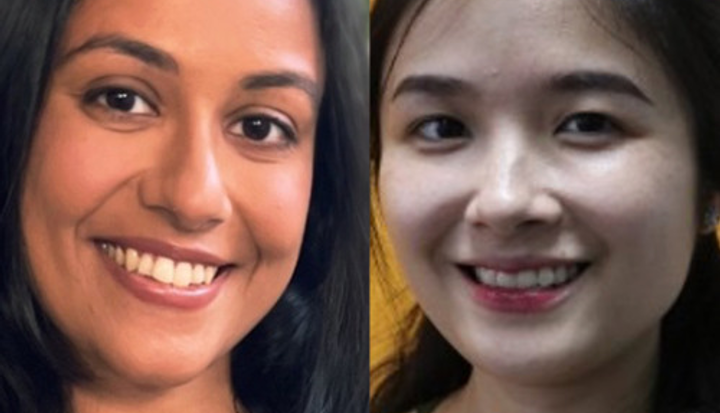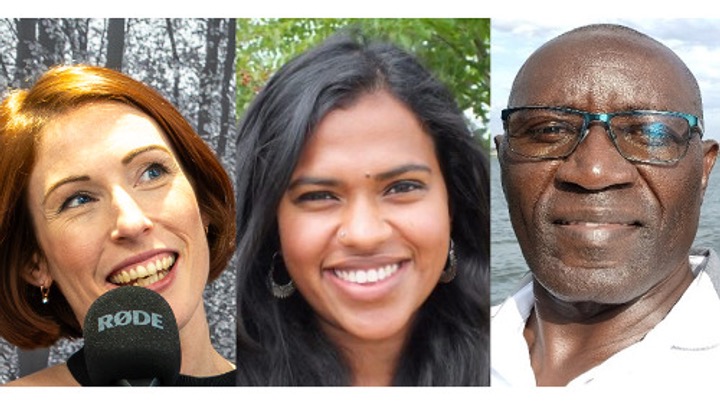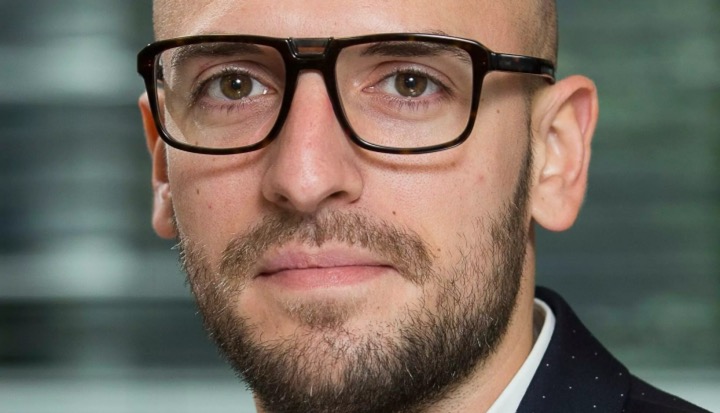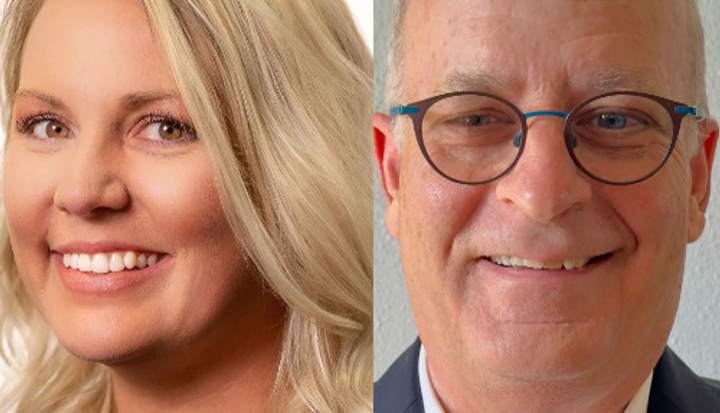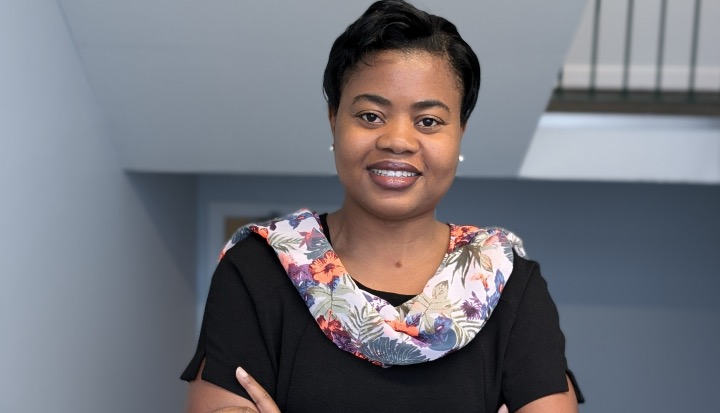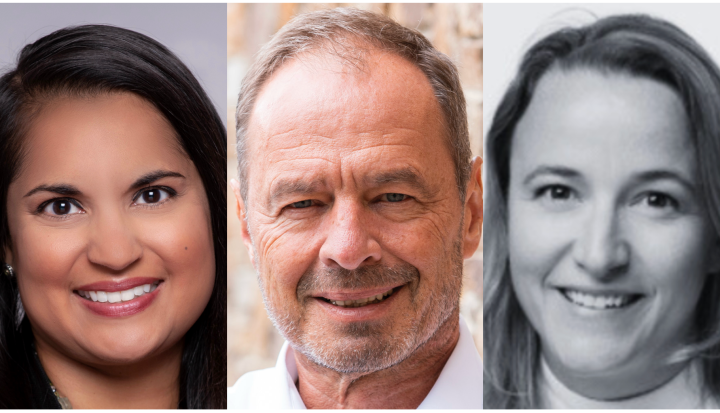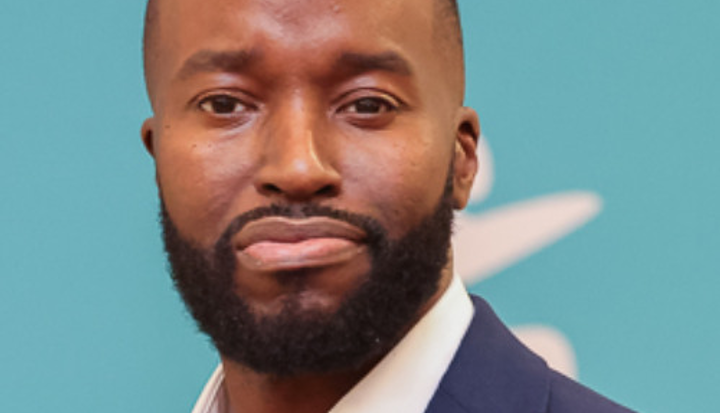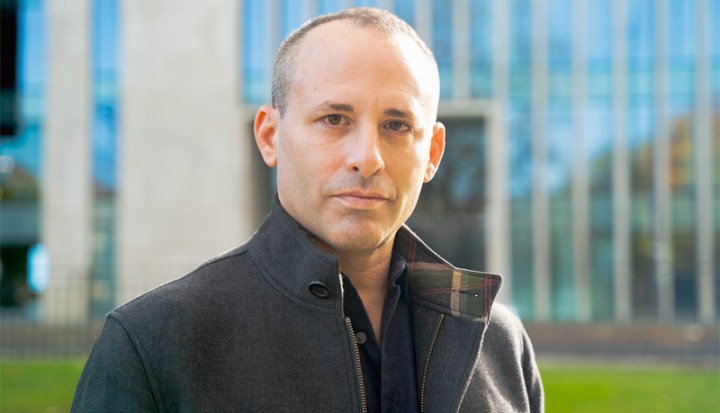BFP: What do you do?
 SD: I started working in international development in Australia with AusAID. When I worked there, I developed a strategy and lead a team to expand Australia’s aid to Africa from nine to fifty-three countries. I saw the benefits of that and thought the government-to-government effort was great, but seeing things in the field I felt that a business-led approach really empowered communities and was more sustainable. I came to work on inclusive business with the International Business Leaders Forum in London. This was a great opportunity to work with multinationals and domestic companies in different emerging markets on inclusive business models that fight poverty in a commercially viable way.
SD: I started working in international development in Australia with AusAID. When I worked there, I developed a strategy and lead a team to expand Australia’s aid to Africa from nine to fifty-three countries. I saw the benefits of that and thought the government-to-government effort was great, but seeing things in the field I felt that a business-led approach really empowered communities and was more sustainable. I came to work on inclusive business with the International Business Leaders Forum in London. This was a great opportunity to work with multinationals and domestic companies in different emerging markets on inclusive business models that fight poverty in a commercially viable way.
I found that inclusive business was often just project based and I was more interested in how to create companies that pursue social good in every area of their business. The answer to this is really about people: the company’s leadership, culture, structure and values.
My partner and I started an organisation called OrgBooster, which helps companies put sustainability at the heart of their business so it flows through everything that they do. We talk about helping companies create value from values.
BFP: What is the best part about your job?
SD:The best part is seeing the commercial and social benefits that can be created when companies put sustainability at the core of their business. There are so many win-win outcomes when business addresses social and environmental issues, and that includes helping their own bottom line directly and indirectly. We know, for example, that a well-executed sustainability strategy can help companies tap into new markets, reduce risks and costs, innovate, enhance their brand and increase trust. It also helps companies attract and retain talent at a time when they are facing talent shortages. Most people these days want to work for a company that does good in the world, and companies that can do this well will attract the best people.
Having also worked on the development side, I know the development industry can gain a lot from working with business and adopting market-driven approaches.
BFP: What have been your greatest challenges?
SD: When working in a development agency the biggest challenge was overcoming the cultural barriers and the mind-set of working with business and seeing them as a legitimate partner in development.
On the company side, the biggest challenge is helping managers see the crucial link between people and sustainability. Sustainability is often seen as an operational or technical issue, but it’s actually organisational. Many companies I worked with on inclusive business said their biggest challenges were in the organisation itself – how well the company innovates and how well they could get management and other internal stakeholders involved in the initiative. We need to think about how to get these things right. Without that, pro-poor business will never reach real scale.
BFP: How have you overcome these challenges?/ What advice, would you give to others? What is the secret of your success?
SD: At an organisational level working with senior managers and leaders in both companies and development agencies to develop the right culture. They’re the ones that really make the decisions and role model the behaviours that set how the organisation works. That’s the key way to overcome these challenges. This then trickles down into everything that the company does. The difficulty in getting things through to all levels really depends on how the whole organisation sees its role in the world, the values it has and its capacity to work in new ways with new partners.
BFP: If someone wants to do what you do, where should they start?
SD: If you want to ‘bridge the cultural divide’, working in different sectors such as business, government and non-government agencies is good to build an understanding of how each of these different actors think and operate.
More broadly, in one’s own career, it’s about following your heart and being true to your values. Which sounds like a cliché, but if you love what you do every day, you perform at your best and ultimately that’s the best thing, not only for your career, but also for yourself.
BFP: Finally, what do you hope to get out of being part of the BFP community?
SD: One of the best things about BFP is getting examples of the real innovations on the ground that come when business addresses social issues. It’s great to see those win-win outcomes that are both commercial and social.
Another thing that BFP does that is very unique and important is building bridges between different sectors, so that people who work in development agencies can see the positive role business plays, business can connect with the world of development agencies, and civil society actors can be engaged on both sides. BFP has a very unique role where it can straddle these different sectors and bring people together around a shared agenda that is really important for the world.
And last but not least, connecting with people who are also passionate about making a difference.
Thank you to Suzanne Dagseven for taking the time to do this interview. You can follow Suzanne on Twitter @suzanned and OrgBooster @orgbooster.
We’re always looking out for members to feature. Help us by taking two-minutes to update your profile, or by nominating someone for Business Fights Poverty Member of the Week.
This Member of the Week interview was conducted by Natasha Ncube, BFP Community Manager, Read previous Member of the Week interviews here.

